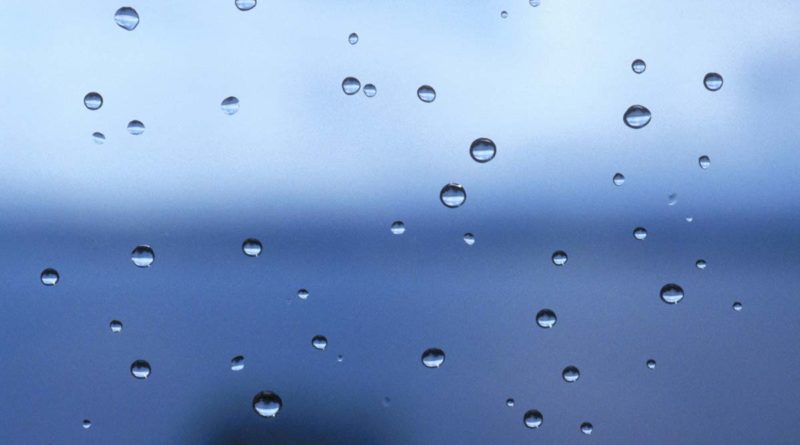Water
Water is a tasteless, odorless, and nearly colorless substance in its pure form that is essential to all known forms of life and is known also as the most universal solvent. Water is an abundant substance on Earth. It exists in many places and forms. It appears mostly in the oceans and polar ice caps, but also as clouds, rain water, rivers, freshwater aquifers, and sea ice. On the planet, water is continuously moving through the cycle involving evaporation, precipitation, and runoff to the sea. Water fit for human consumption is called potable water. This natural resource is becoming more scarce in certain places as human population in those places increases, and its availability is a major social and economic concern. The entire world consumes 9.087 billion cubic metres of water per year. A country’s water consumption and water ‘footprint’ (the volume of water required for the production of goods and services consumed by the nation’s population) is dependent on a wide range of factors: the size of its population, living standards, habitual levels of waste among consumers, agriculture and dependence on water-intensive foods.
Importance of water
Major water users are industry, energy and agriculture. India, China and the United States are the countries with the highest total annual consumption of freshwater – all nations with large populations and high agricultural demand for irrigation in food production. India, for instance, is home to 20 percent of the Earth’s population but only has 4 percent of the Earth’s water. With rice a major crop, 86 percent of India’s water withdrawal is used in agriculture. Turkmenistan, Kazakhstan and Uzbekistan have the highest freshwater consumption per capita.
